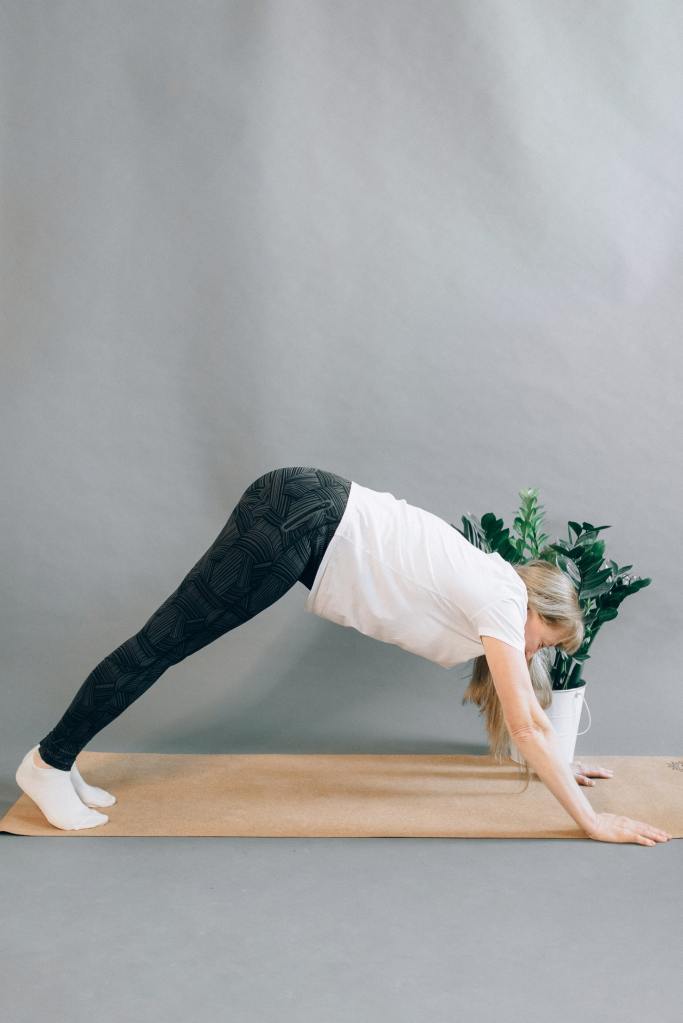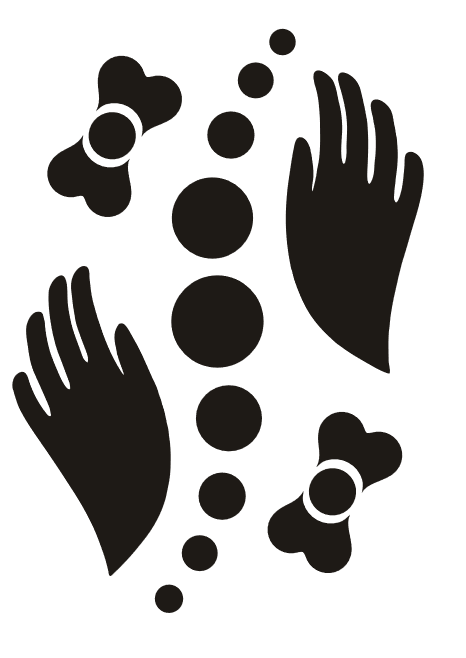The 2020 FHT Sports Therapist of the Year, John Molyneux, shares some tips to encourage your older clients to move and keep flexible.
‘Winter is here, it’s cold and wet outside and although the winter solstice has passed us by, lighter evenings are yet to take hold – on top of this, we are in another lockdown. In other words; we are all doing less, sitting more and getting weaker, the perfect cocktail to increase the risk of falls.
‘In the UK, falls are the most common cause of injury-related deaths in people over the age of 75. This is why it is so important to keep an eye on the components of fitness, to try to reduce this horrible statistic.
‘Falls occur because of balance problems and muscular weakness. Poor vision and long-term health conditions such as heart disease, dementia and low blood pressure also cause falls. Though exercise will of course not help your vision, it certainly can improve the symptoms of the other conditions listed.
‘Low blood pressure is a condition that is often overlooked, as high blood pressure often steals the limelight. Low blood pressure causes dizziness and light-headedness, blurred vision, confusion and fainting, so it can be instrumental in causing falls.
‘Throughout the day, blood pressure varies. It can go up or down depending on body position, breathing rhythm, stress levels, medications you take, exercise, caffeine intake and other food and drinks. Blood pressure is usually lowest at night and rises sharply in the morning. We are all different and, in some people, low blood pressure is normal and causes no symptoms, however, a sudden fall in blood pressure can be dangerous. It causes dizziness and fainting when the brain doesn’t get enough oxygen due to lack of blood supply. The causes of low blood pressure vary but a common one is dehydration, so make sure you have at least 1.2 litres (six glasses) of water a day, especially when exercising.

‘Low blood pressure is more common in older adults who take certain medications. Those that cause low blood pressure are diuretics (water pills), beta blockers, antidepressants, and drugs for Parkinson’s disease, enlarged prostate and erectile dysfunction.
‘To avoid falls, the two things to look out for if you have low blood pressure are; standing up from a seated position and going to the toilet in the night. Both of these can cause postural hypotension. This is a sudden drop in blood pressure when you stand from a seated or lying position, and it’s worse at night because your blood pressure naturally lowers as you sleep. The trick is to be mindful of this and don’t rush. Stand up slowly and wait a few seconds for the blood to flow around your body and into your brain. You can even try marching on the spot for a few seconds to help.
‘Examples of strengthening exercises are chair squats, calf raises, a bridge or a plank. I go into more detail about these exercises on my website, molyfit.co.uk.
Muscle weakness as we age
‘Unfortunately, atrophy is a natural process of growing old. The older you get, the faster your muscles waste away, especially with underuse. From birth until your 30s, muscles grow stronger. After that, you start to lose muscle mass and function. From the age of 40, you can lose muscle mass at a rate of 5% a decade.
‘Even if you stay active it will still happen, so if you are not active, it happens more. If you exercise and keep your muscles as strong as possible, this will help. It will help reduce frailty and the possibility of falls and other damage.
‘The best form of exercise for this is strength training and the best piece of equipment for that is you. To combat atrophy and falls, as well as strength training. you should try and work on your flexibility. Flexibility is key to remaining active and independent. Muscles shorten with age and, in doing so, will decrease the range of motion in your joints. Try the hands to the ceiling stretch (seeing if you can fully stretch your arms to the ceiling without arching your back), this is not an action you naturally do on a daily basis, so there is bound to be some muscle in your body that is pulling or niggling. If you have one tight muscle then you will have others. Tight muscles cause habits that lead to other complications such as joint pain and even reduced circulation. A few stretches a day will solve this, but you need to know where to stretch first. You do this by listening to your body and feeling where the tension is coming from. Niggles are your body’s way of letting you know something needs to be done. If left, a minor issue that could have been easily fixed can become a major issue that takes months to recover from, so best to nip it in the bud.
‘By improving your flexibility you will:
- Improve your physical performance
- Make daily tasks easier
- Have fewer injuries as your muscles can withstand more stress
- Take the stress out of your joints so you will be in less pain
- Improve your posture and balance.
‘Visit molyfit.co.uk for a range of strength and flexibility exercises.’
